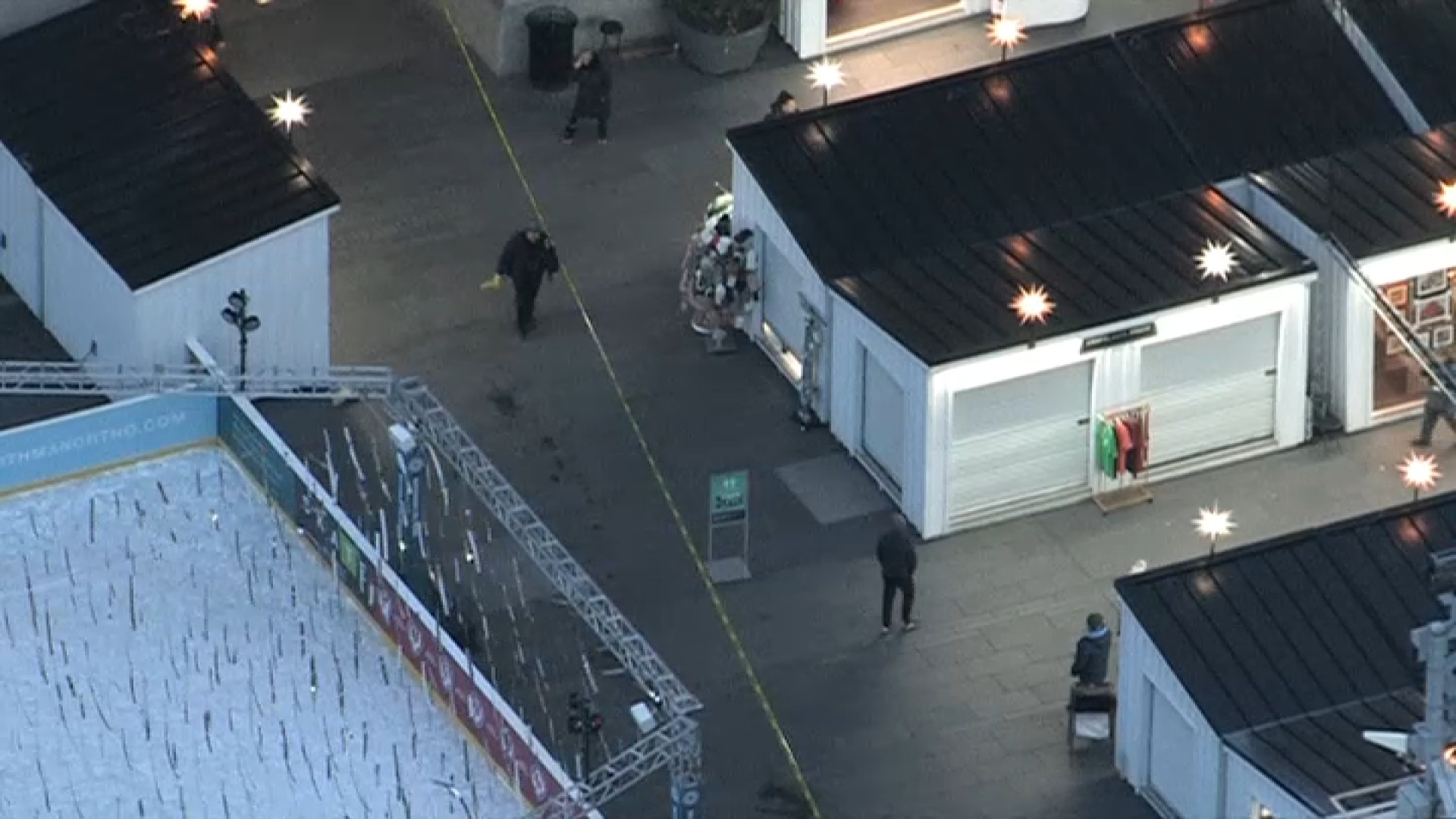
A turf war over who polices the New York region’s busy ports is coming to a head, pulling the U.S. Supreme Court into a dispute over the future of the watchdog commission formed nearly 70 years ago to combat corruption.
The state of New Jersey is preparing to withdraw by March 28 from the Waterfront Commission of New York Harbor, a bistate commission formed in the 1950s, and have its state police take over the functions currently performed by the commission's police.
New York has petitioned the Supreme Court to intervene and temporarily block the move, and the court is expected to take up the request by the end of next week.
The two states have traded accusations, some veiled and some more overt.
Get top local stories in Philly delivered to you every morning. >Sign up for NBC Philadelphia's News Headlines newsletter.
At a briefing Thursday, representatives from the New Jersey State Police touted their longtime experience coordinating investigations with the FBI, DEA and other law enforcement entities and said they would bring that experience to bear at the port.
"I'm skeptical that those resources and capabilities exist now,” Deputy Branch Commander of Investigations Major Frederick Fife said, referring to the commission.
An attorney for the commission didn't comment on Thursday, but Monday's court filing noted its successful criminal prosecutions of organized crime infiltration at the ports in the past decade, most recently in 2019, and added that the U.S. Department of Labor, FBI and U.S. attorney's office in Manhattan had written letters praising the commission's performance.
Local
Breaking news and the stories that matter to your neighborhood.
“The Commission’s mission to combat corruption and ensure fair hiring in the Port is critical now more than ever, and despite unprecedented challenges we remain undeterred in our work," executive director Walter Arsenault said in a statement this week.
The New York-New Jersey ports are among the busiest in the U.S. and handle well over $100 billion in goods annually. Central to New York's legal argument is the contention that, under the agreement that formed the commission, New Jersey cannot unilaterally withdraw unless both states agree to it.
What will happen beginning March 28 if the Supreme Court declines to block New Jersey's move is up in the air, particularly if the commission's police force continues to show up for work, as is expected. The state police recently sent a letter to commission employees offering them jobs; it wasn't clear whether any had taken them up on it.
“The exercise of conflicting authority by the New Jersey Division of State Police and the Commission sets the stage for chaos, labor strife, and disruptions to shipping operations,” New York Attorney General Letitia James wrote in Monday's filing to the Supreme Court.
In recent years, New Jersey has contended that organized crime has largely been driven out of the ports and that the commission was impeding job growth by over-regulating businesses there and making hiring more difficult.
Republican Gov. Chris Christie signed legislation withdrawing New Jersey from the commission in 2018, but the commission sued and a federal judge blocked the state's attempt in 2019. An appeals court reversed last year and wrote that New Jersey was protected from the commission's challenge by sovereign immunity.



